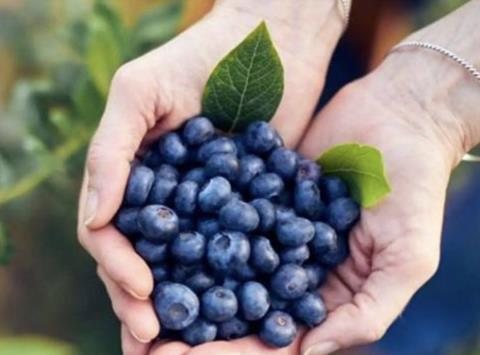La Chola characterised by high yield, firmness, large berry size and high brix
Camposol says initial results of a new blueberry variety developed by its in-house genetic improvement programme is showing promising results.

As reported in Peruvian daily Gestión, general manager José Antonio Gómez said the La Chola variety has been shown to adapt well to climatic conditions in Peru and is leading the field as the company continues to expand its varietal portfolio in blueberries with proprietary cultivars developed in Peru.
“We have a lot of faith in our own genetic programme that we have been developing for eight years. We have advanced with our own Peruvian genetics ‘La Chola’, which adapts very well to climatic conditions and we believe that it is Camposol’s great bet for blueberries,” he said.
Camposol currently has 50ha of La Chola’ planted, with a further 250ha due to be added this year. Yields reportedly exceed 25 tonnes per hectare, berry size is double that of Biloxi, and its harvest cost are significantly less.
According to Gómez, the variety has the firmness and climatic adaptability of Biloxi, but with a higher brix development. “We have achieved a good mix between resistance, plant productivity, berry size, with the capacity to withstand long journeys, prioritising the ‘crunch’ consistency, this characteristic allows the fruit to travel,” he said, adding that the company developed the variety with the idea of exporting it to China without problems.
Nevertheless, Gómez noted that the company had opted to keep planting Biloxi because the variety had adapted well to last year’s El Niño weather phenomenon. “On the basis of this variety and adaptability to climate change, new genetics have been developed,” he said.
The company said new plantings of La Chola will be focused in the Chavimochic region, where conditions are suited to its development.
Camposol has more than 3,000ha of blueberry production, with Biloxi and Ventura among the most widely grown varieties. The company aims to increase its blueberry output to 100,000 tonnes in the coming years through varietal replacement and new acreage.



